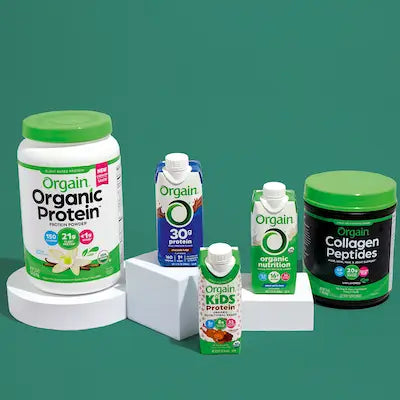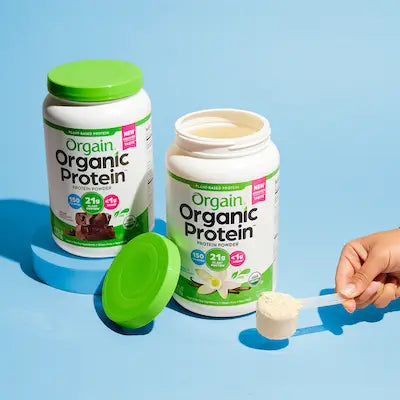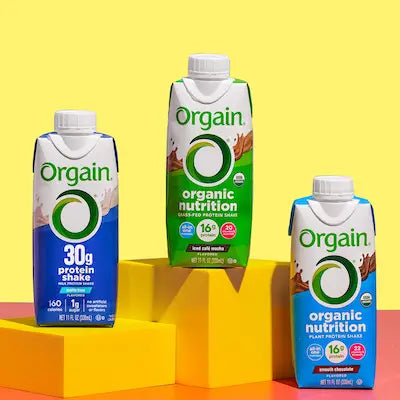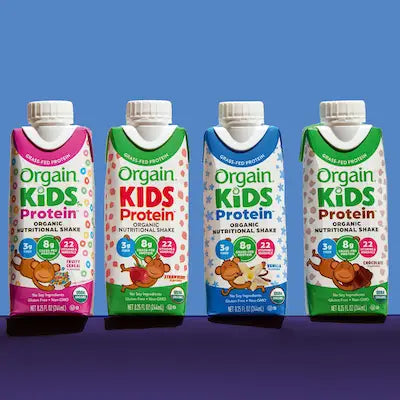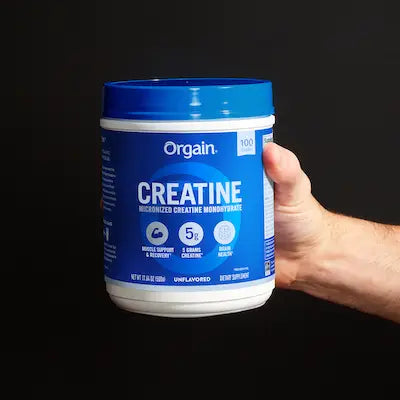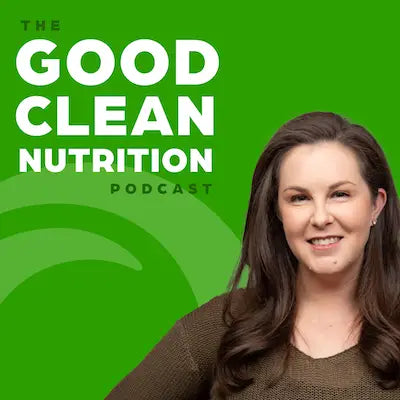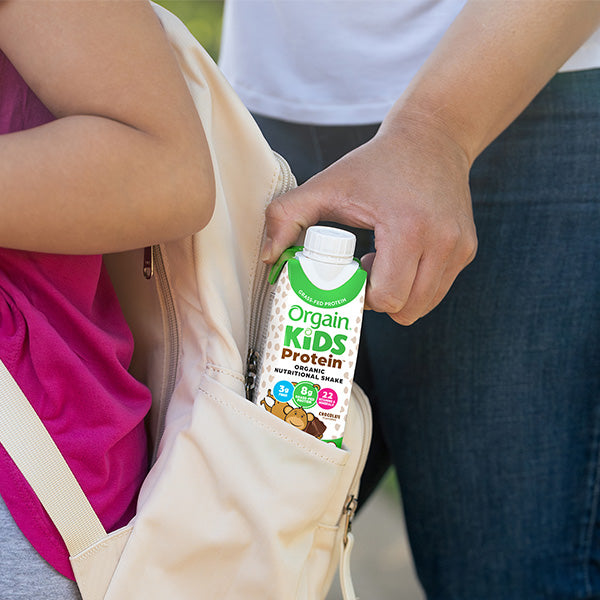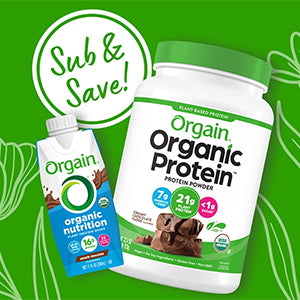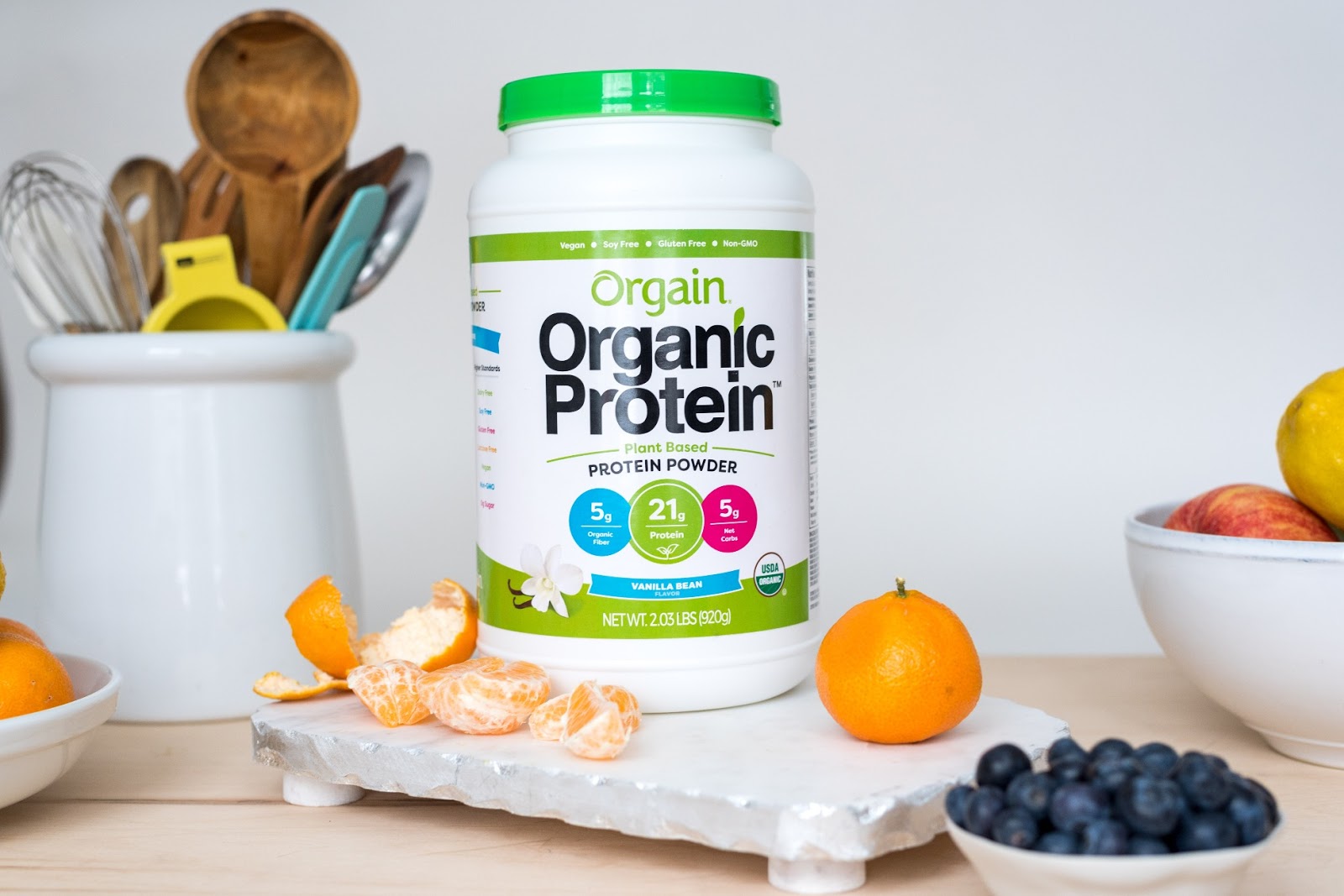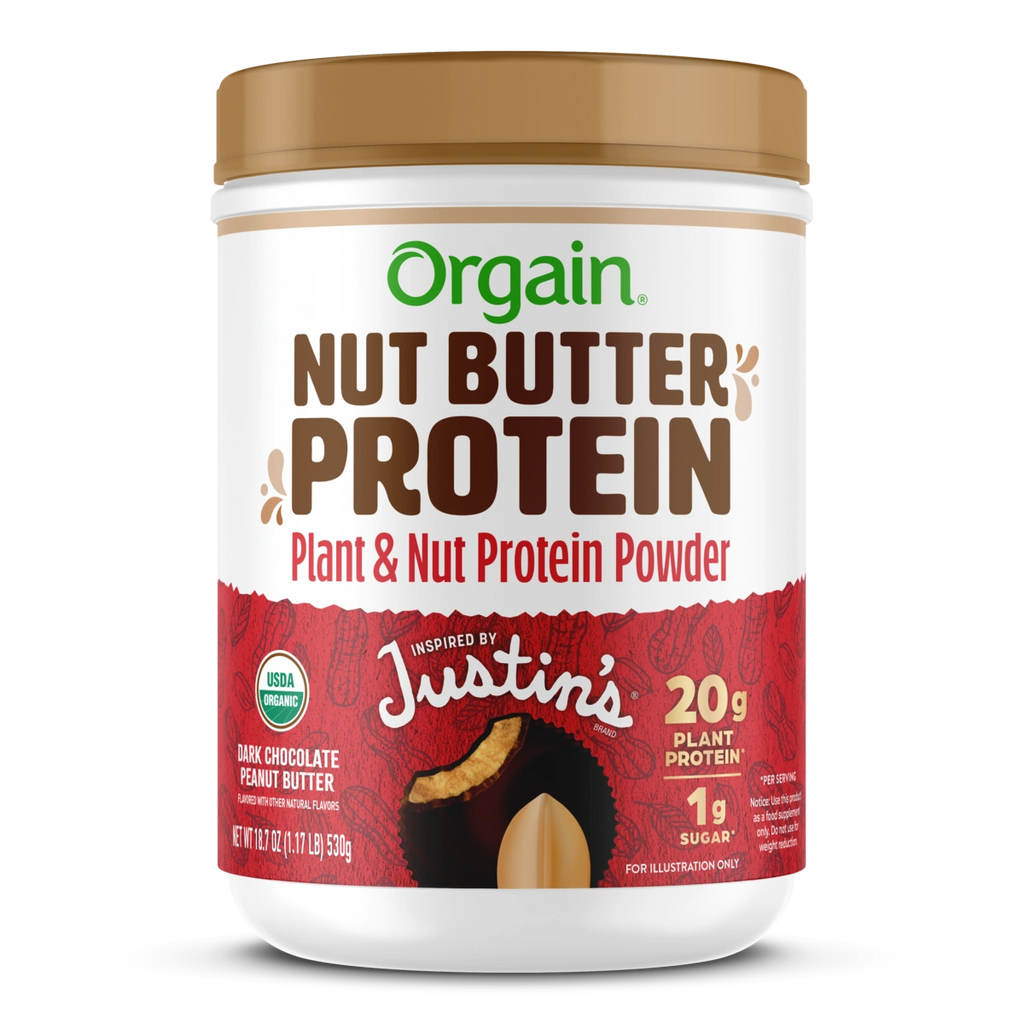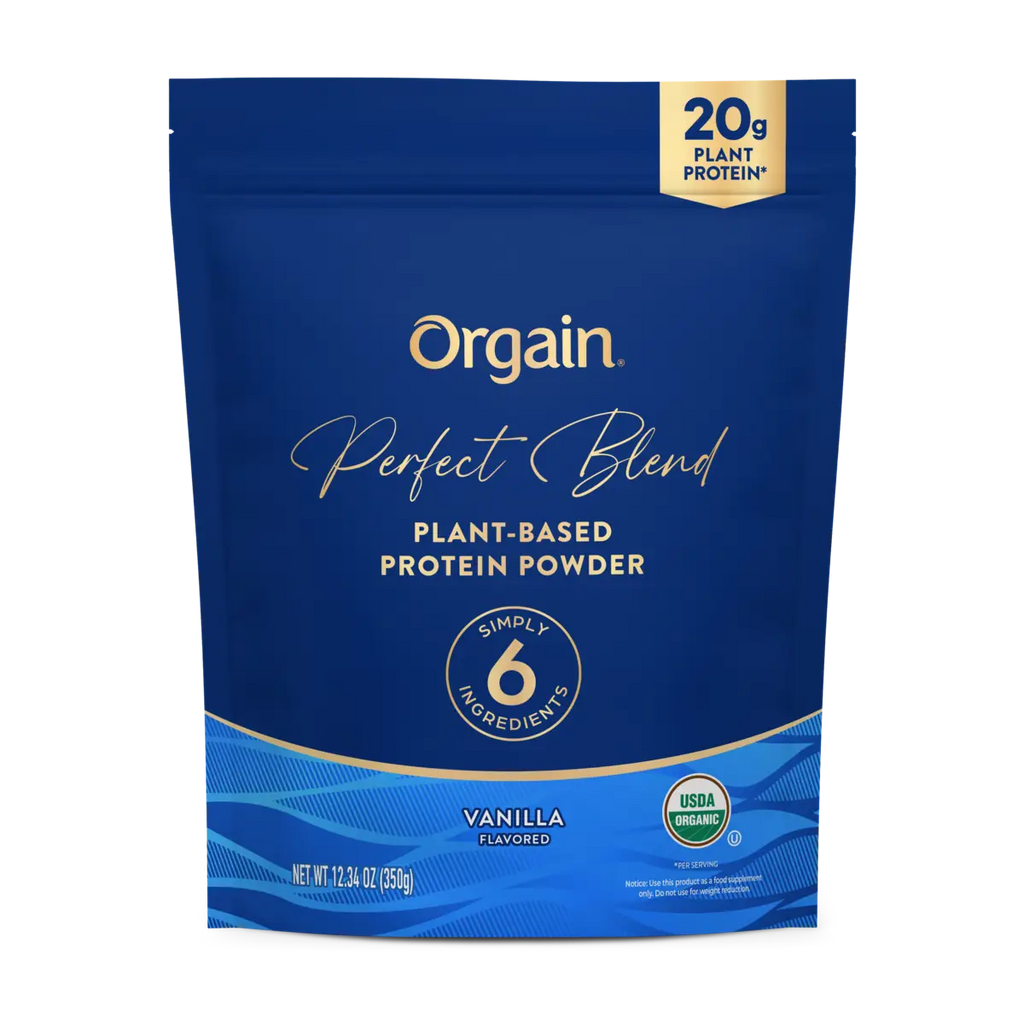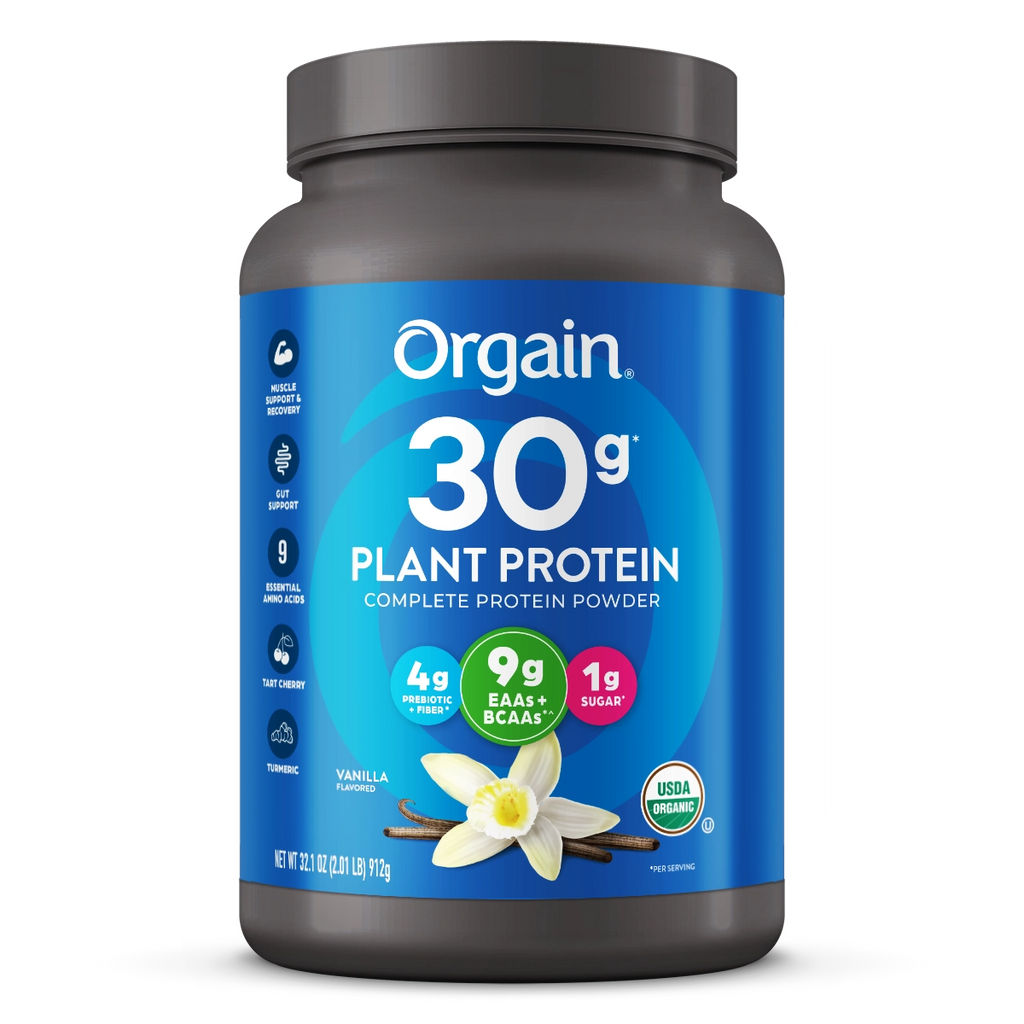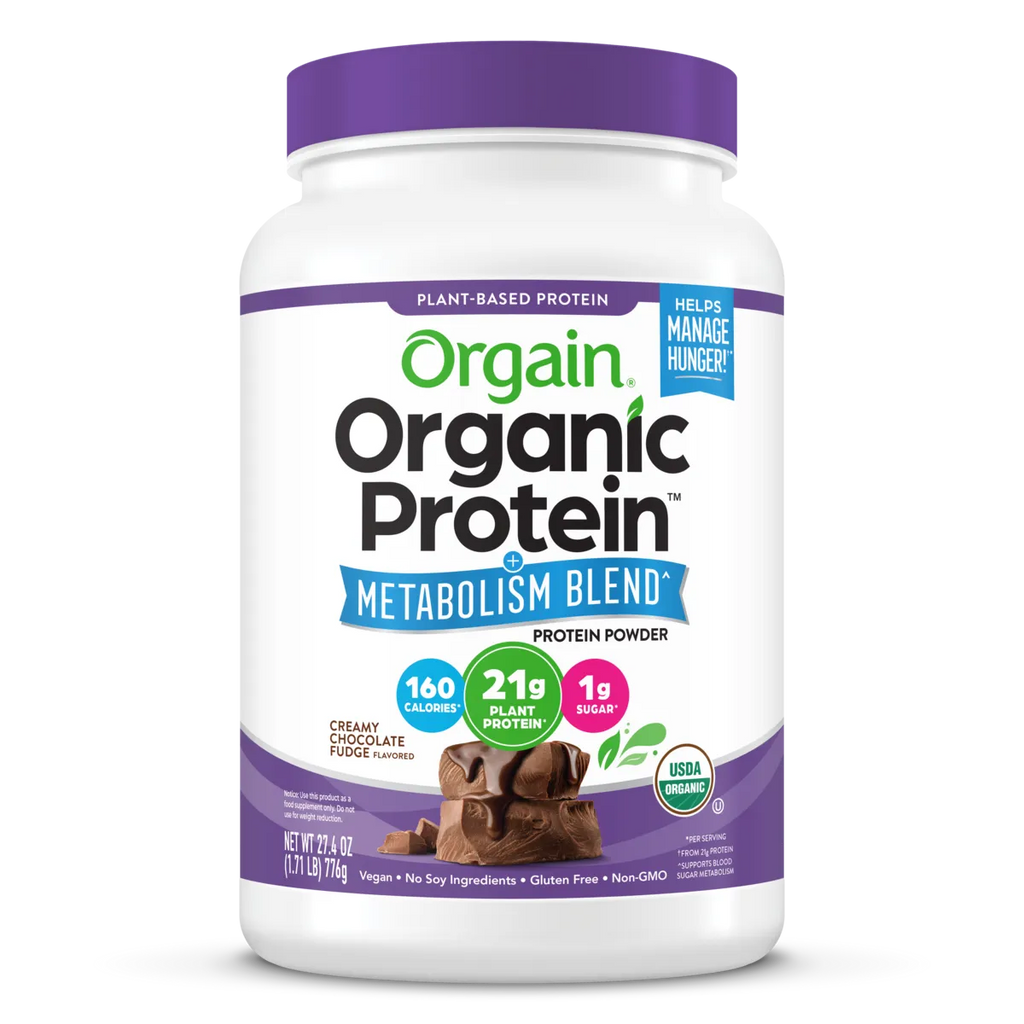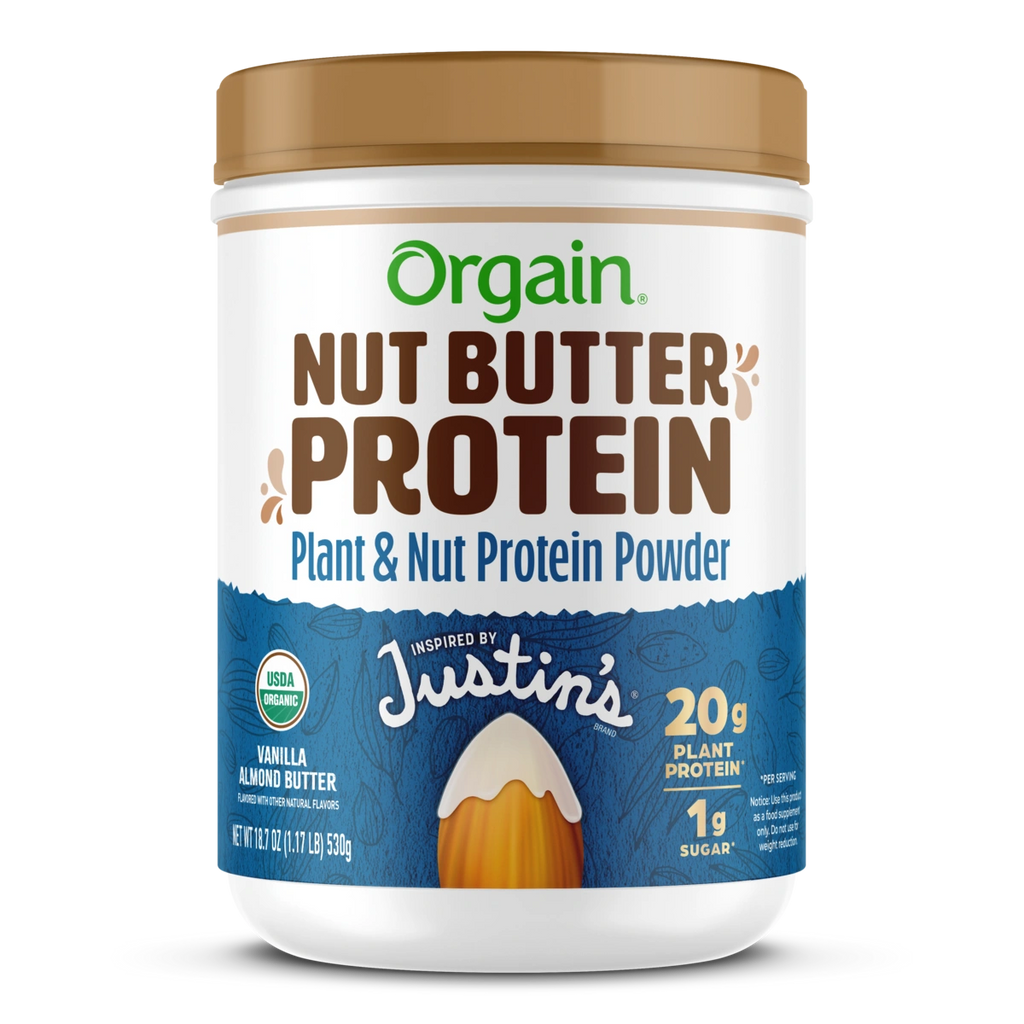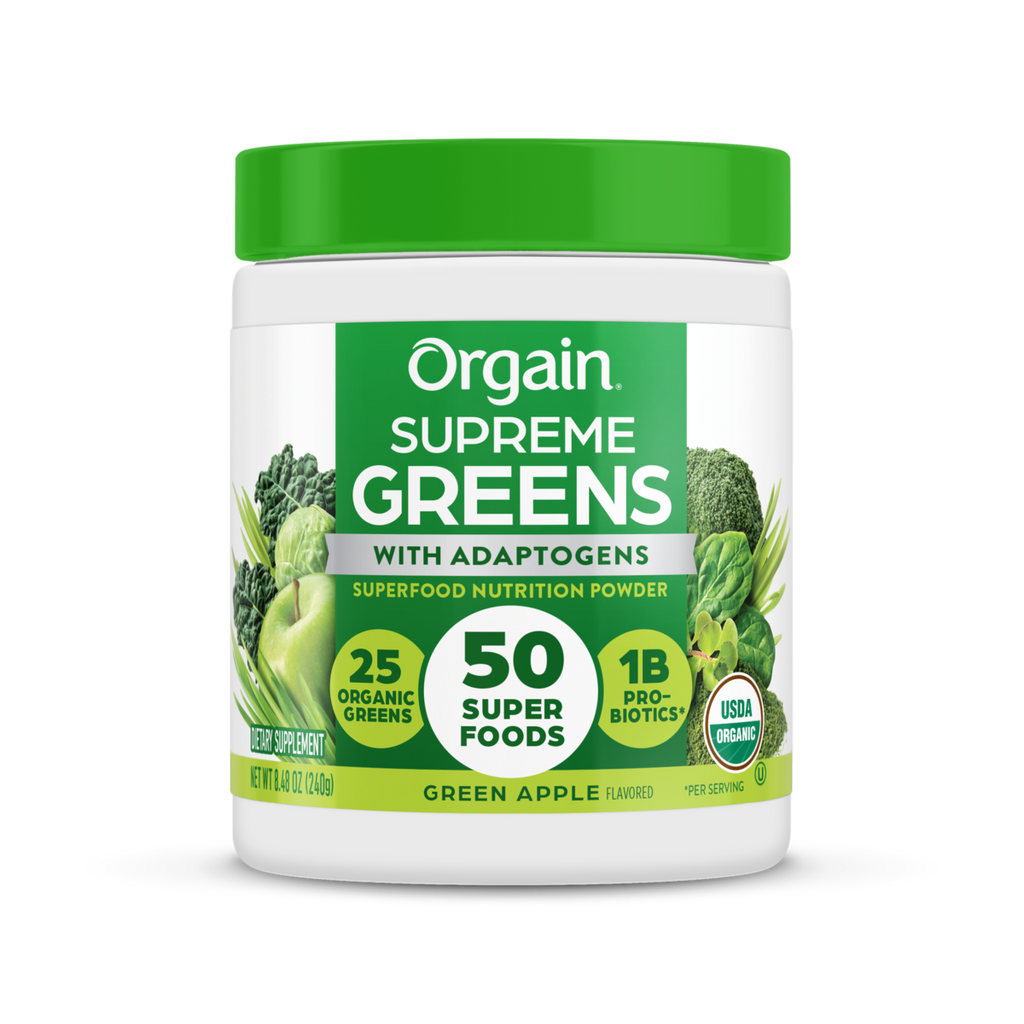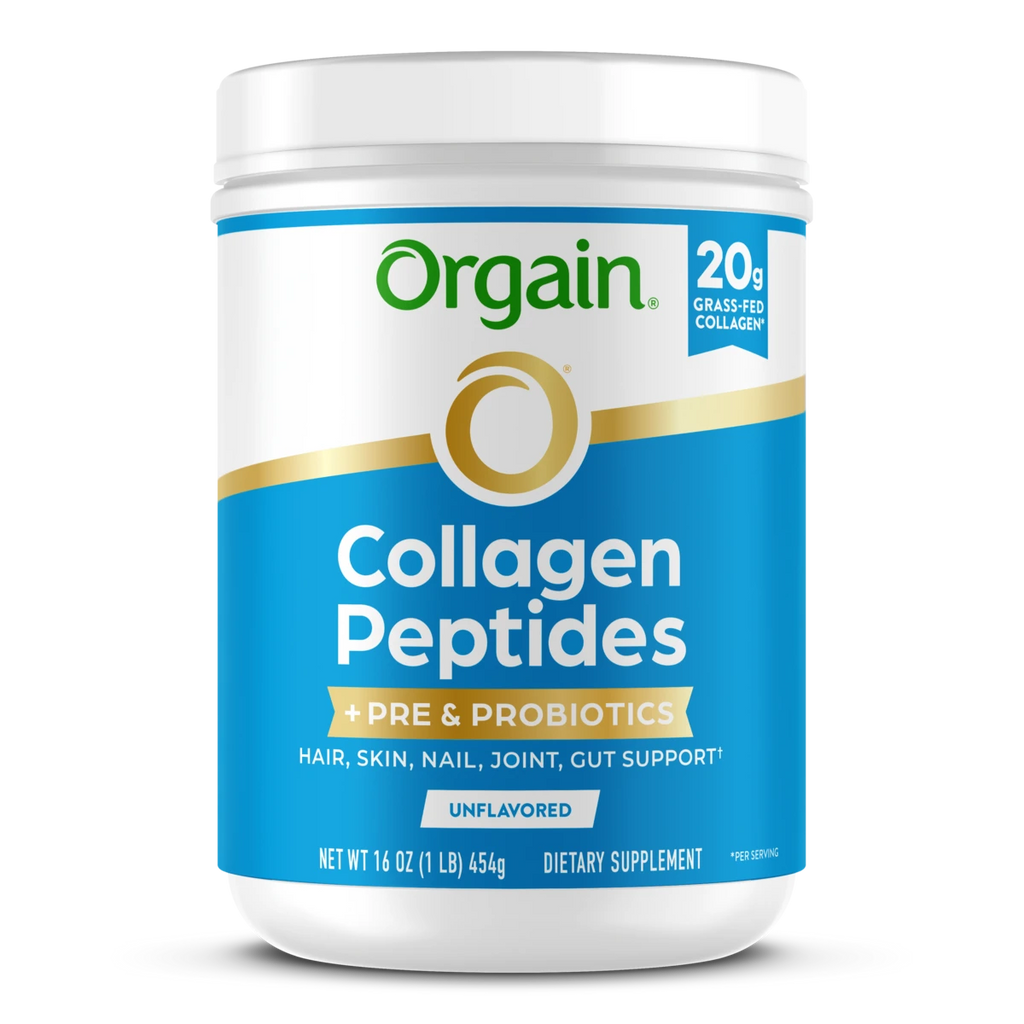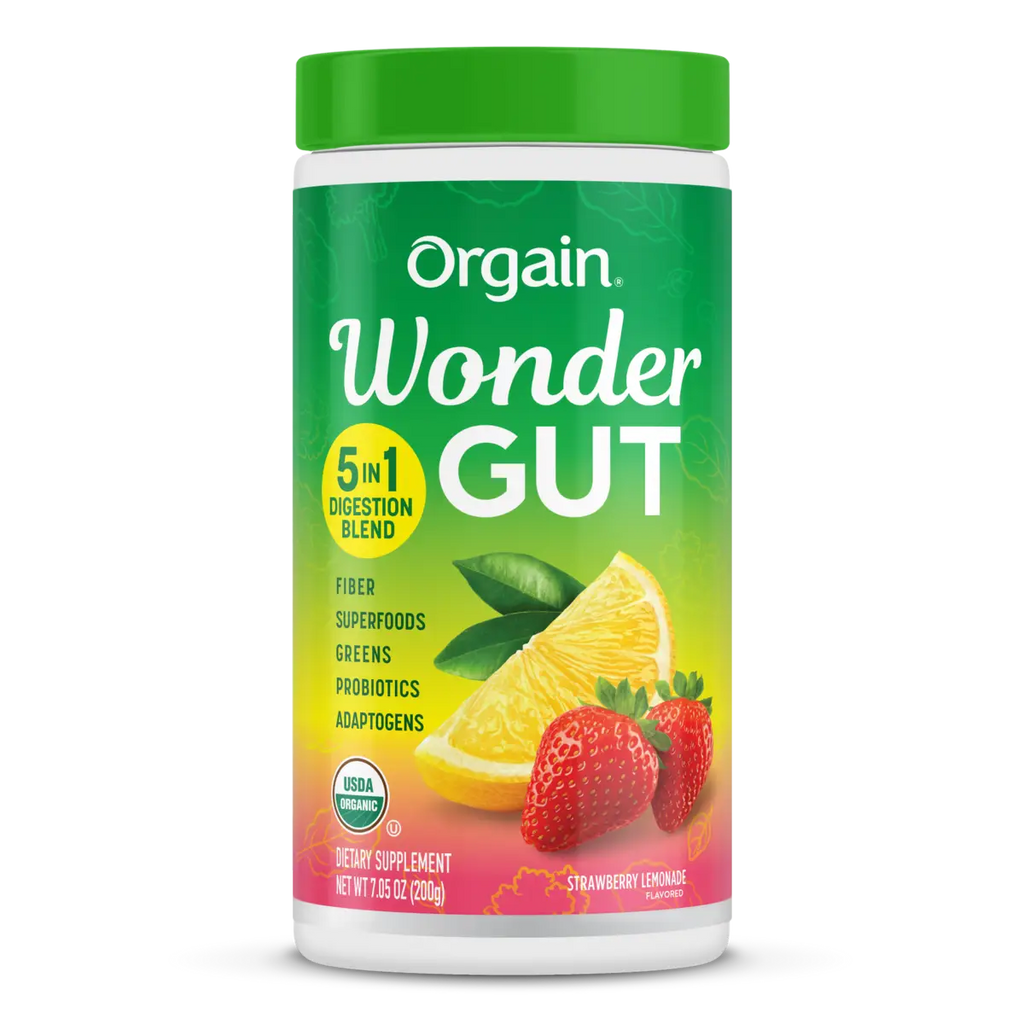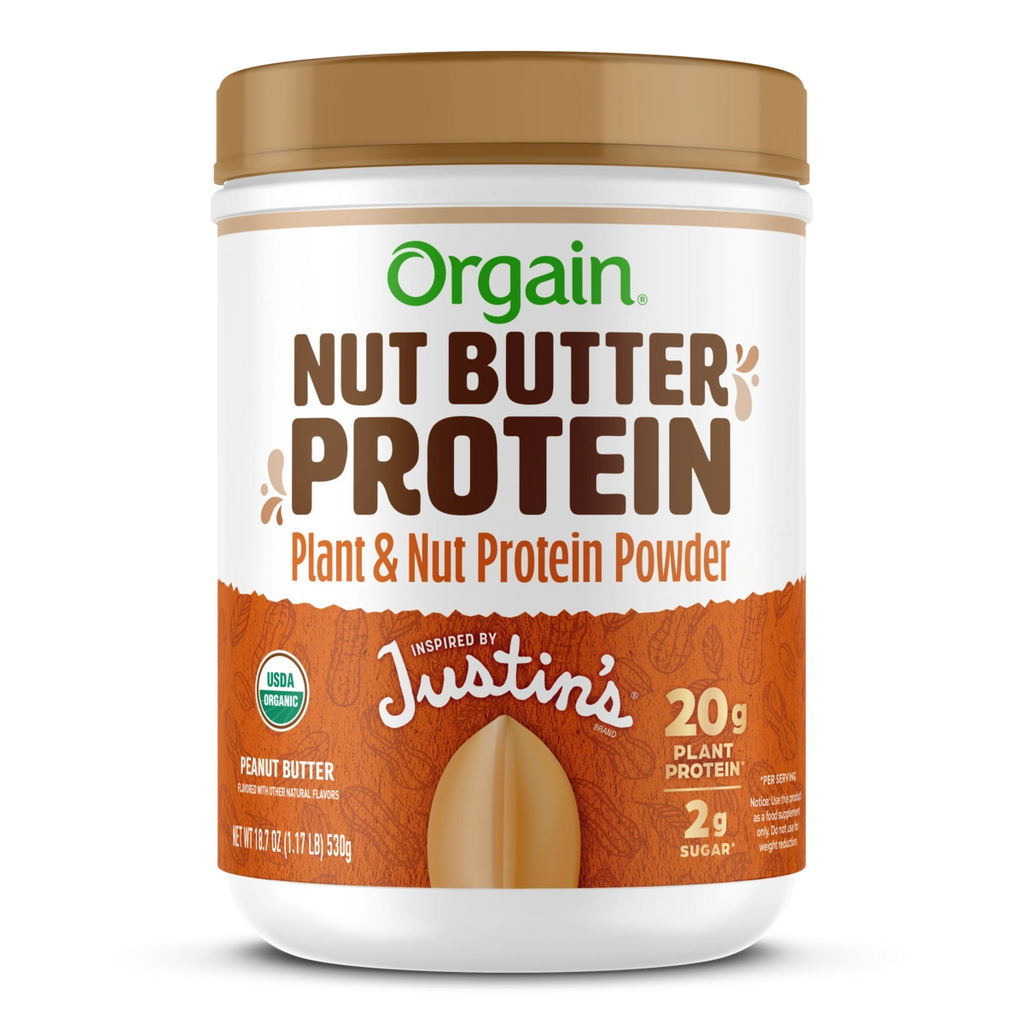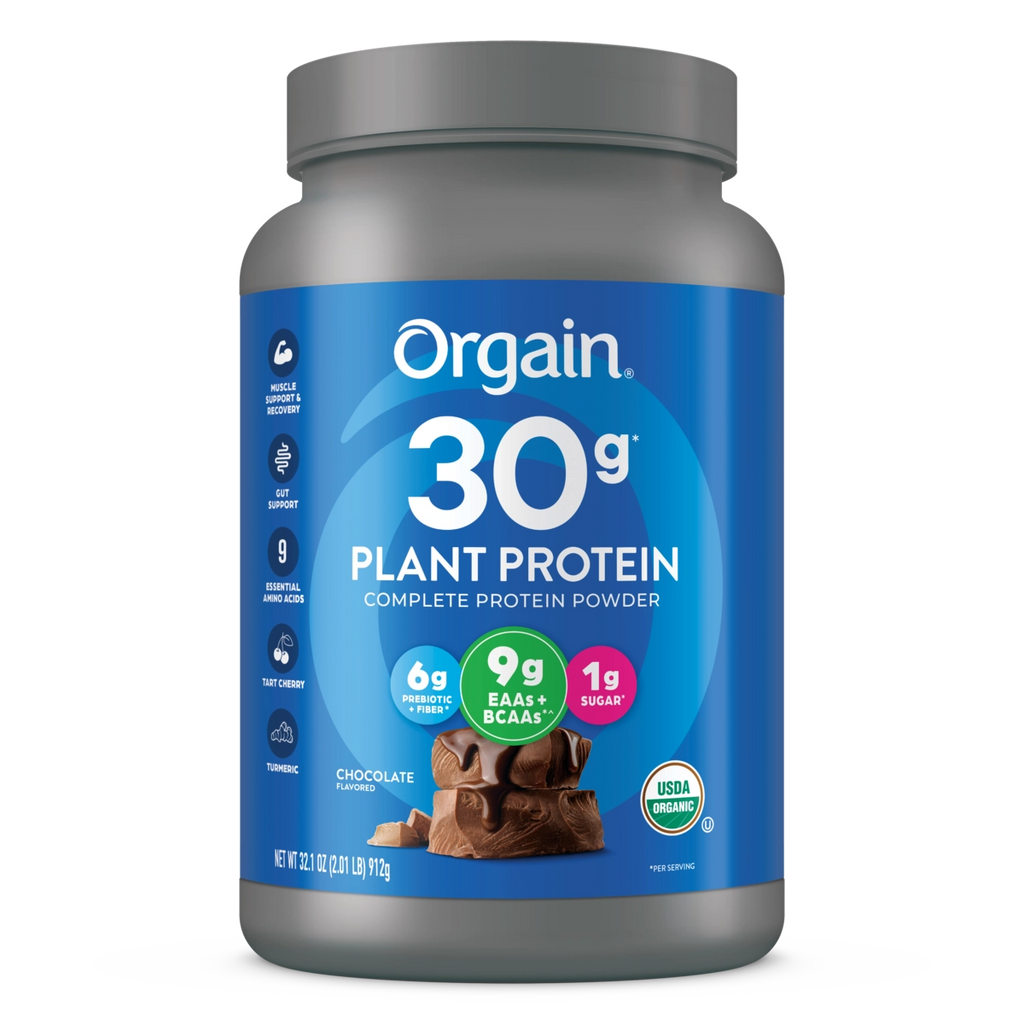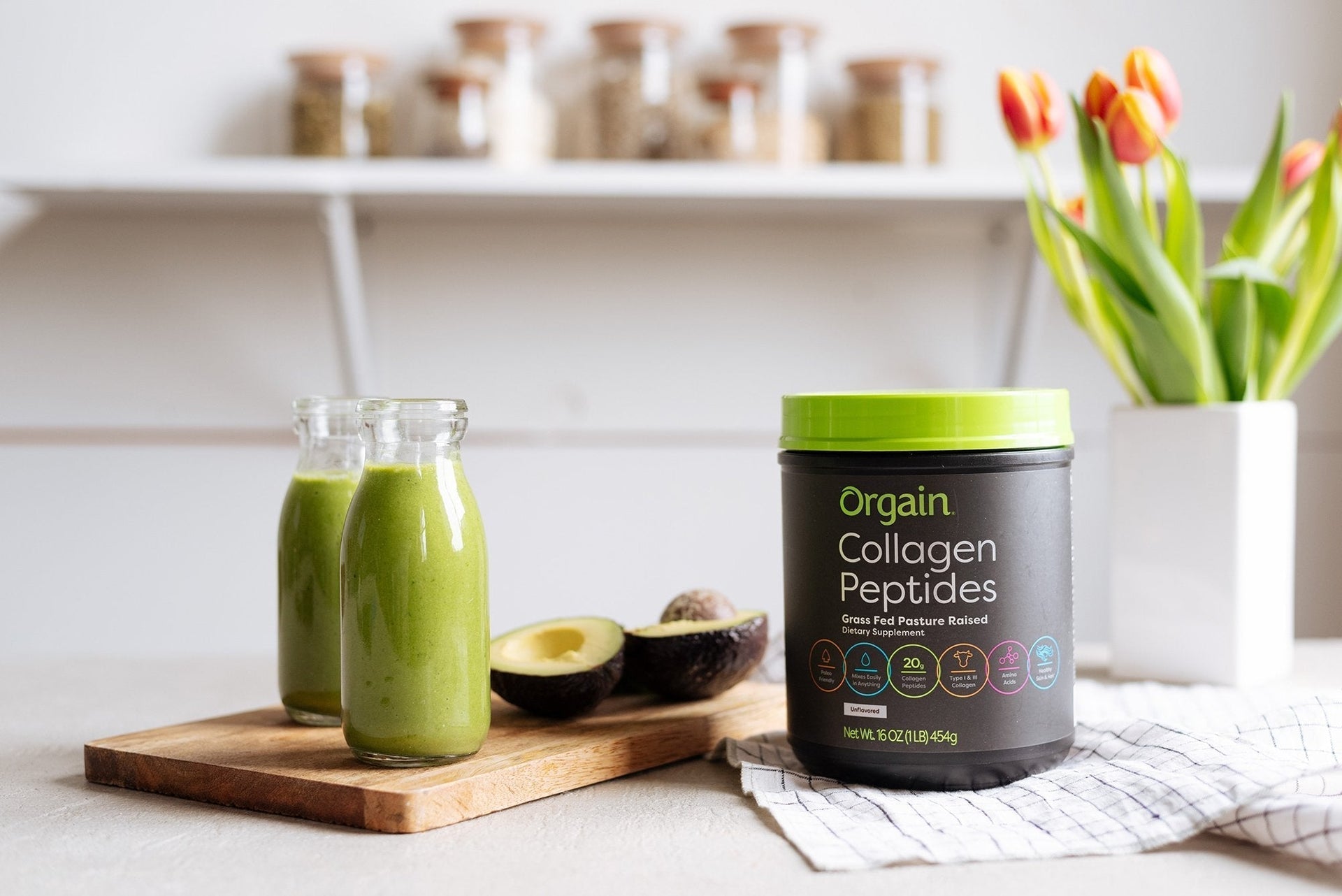There is a certain degree of confusion when it comes to kosher foods, specifically when it comes to those who are new to the world of kosher or those who do not follow the kosher method but are looking to have a more thorough understanding of this aspect of Jewish people's culture.
In accordance with Jewish dietary law, kosher certified means meat and milk products are not mixed together, animal products from non-kosher food animals are not included, and kosher meat is from animals that are properly slaughtered. Regarding which animals are kosher products and which ones are not, kosher animals are those with cloven (split) hooves who also chew their cud, which is digested food that returns from the stomach. Kosher status animals include cows, sheep, and goats.
These are the biggest requirements, but there are a number of other kosher ingredient requirements that must be met in order for something to be within kosher law. Because of this, today, types of foods that are kosher are marked by the kosher certification agency (the largest and most common being OU Kosher) to make the process of finding kosher food items a bit easier.
Here are some more of the specificities when it comes to kosher foods:
-
Dairy: All dairy products need to come from a kosher animal, and all equipment and ingredients used to produce dairy products also need to be kosher.
-
Fruits and vegetables are already kosher but must be washed to remove any insects before consumption.
-
Nuts and seeds are already kosher, but if they have been processed in any way, they must be certified kosher.
- Fish: Fish are kosher if they have fins and scales, which means shellfish, crabs, lobster, and shrimp are not kosher.
Are All Kinds of Meat Permitted?
Something that is important to keep in mind is that there are certain restrictions when it comes to which specific kinds of meat are acceptable. As we mentioned, meat must come from kosher animals, but it also must come specifically from the forequarters of these animals. Additionally, aside from animals with split hooves, some domesticated fowl meat may also be eaten. This includes chicken, geese, quail, and turkey.
Animals must be prepared by a shochet in order for it to be kosher. A shochet is a person who has been trained and certified to butcher meat according to specific Jewish laws.
Further, all utensils used to butcher or prepare the meat must be kosher, meaning it must be designated only for use with meat and meat products, as meat cannot be prepared alongside dairy or with the same utensils that have been used with dairy products.
What Are the Rules When It Comes to Dairy?
Milk, cheese, butter, and yogurt are all permitted dairy products, but certain rules need to be adhered to in order for them to truly be kosher. These include:
- They must come from a kosher animal
- They must never be mixed with any meat products or meat product derivatives. Hard cheeses have often been mixed with gelatin or rennet, which is an animal-derived enzyme, so this must be avoided.
- Dairy products also need to be prepared using kosher equipment and utensils -- this means that any equipment used for dairy needs to be strictly for dairy, and not previously used with meat products.
What Does Pareve Mean?
Pareve is a term used to describe neutral foods, like eggs and fish. In other words, pareve foods are those that do not contain meat or dairy products.
When it comes to eggs, eggs are permitted as long as they come from kosher fish or fowl. Additionally, each egg should be inspected to make sure there are no traces of blood, as this would mean they are no longer keeping kosher unless all traces of blood are washed away.
Both fish and eggs are acceptable to be eaten alongside either meat or dairy.
How Do Plant-Based Foods Factor In?
Because plant-based foods do not contain meat or dairy, they are considered pareve alongside fish and eggs. The guidelines for plant-based foods are much less restrictive than those for meat and dairy, but there are still some rules.
For bread and grains, these are generally kosher when in their purest form. That said, though, some products do contain animal shortening or may have been produced through non-kosher processing methods. Additionally, if baking pans were greased using animal products during the baking process, this would also render the product non-kosher. Thus, it is easiest to steer clear of foods that are not certified kosher.
Fruits and vegetables simply need to be washed thoroughly so as to remove any insects or insect particles, and then they are kosher unless they have been processed. Nuts and seeds are also kosher in their unprocessed forms, but care should be taken when dealing with oils derived from these foods.
If you are still getting used to the world of kosher foods, your experience can be made easier by incorporating a nutritional powder to still get the health benefits you need while effectively cutting out some common foods.
Our Organic Protein™ Plant Based Protein Powder is kosher, which means you can add it to smoothies or other beverages and get 21 grams of protein without any stress. For keto-fiends, we also offer a kosher Keto Plant Protein™ Organic Keto-genic Protein Powder, making it simple to meet your nutritional needs without breaking any rules… whether they be keto or kosher.
Plus, if fruits and veggies do not make their way into your diet often enough, or if you worry that you may be lacking essential nutrients, you can benefit from adding our Organic Protein™ & Superfoods Plant Based Protein Powder. Again, this product is kosher, and it is packed full of natural goodness from foods like quinoa and chia seeds, berries, and acai. Whatever your concerns may be when it comes to kosher foods, taking care to work towards a more complete understanding of the restrictions, as well as taking care to supplement your diet in any way you need to, can result in a healthful and happy kosher diet.
Summary
Decoding the kosher diet can be difficult at first, but once you read through the rules that the diet calls for, it is not quite as complicated as it once seemed.
Generally, the kosher diet requires you to never eat meat and dairy together and to ensure that equipment used for meat is never used for dairy, and vice versa. Simply put, meat and dairy should never cross paths. Neutral foods, or pareve foods, can be eaten with meat or dairy as you please, and these foods include fish, eggs, fruits and vegetables, and other plant-based foods that do not, in themselves, contain meat or dairy products or byproducts.
To make things easier, kosher foods are generally certified as such, because otherwise, it is difficult to rest assured that the entirety of the production process followed kosher guidelines. Keeping an eye out for foods with kosher certifications can make grocery shopping a breeze, and incorporating nutritional powders can help take care of any gaps in your diet!
Sources:
https://www.kosher.com/whatiskosher
https://www.webmd.com/food-recipes/kosher-food#1
https://www.jewishvirtuallibrary.org/jewish-ritual-slaughter-shechitah
